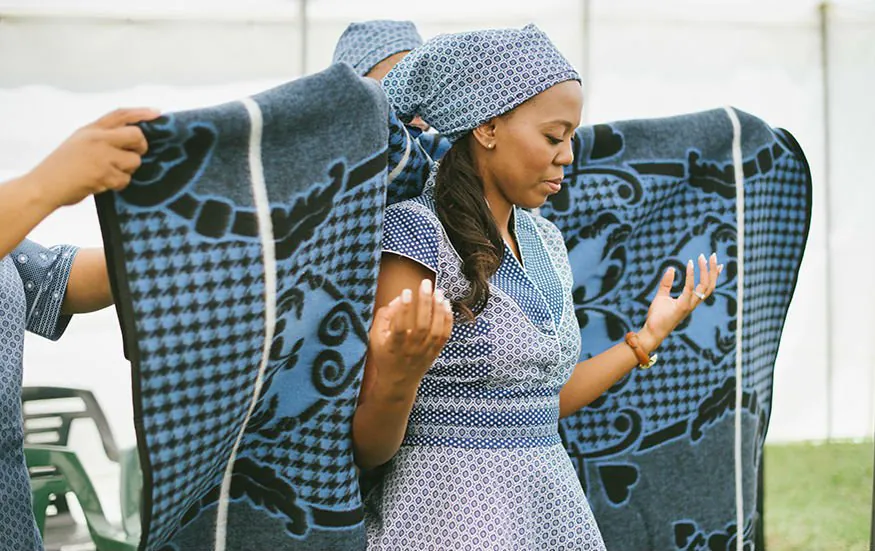
Over the past few years, the textile and apparel industry in Lesotho has transformed from being a marginal manufacturing sector to one of the most popular sourcing hubs for the global market. Today, the textile and apparel production in Lesotho has become a globally-integrated sector that assembles textile and apparel products for some of the most famous international brands, and exports to some of the biggest apparel markets in the world. This significant development has been mainly driven by a preferential trade deal with the US – The African Growth and Opportunity Act (AGOA).
Established in the early 1980s, Lesotho’s textile and apparel industry had its first leap after investment came from South Africa and Taiwan in the late 1980s. But since the global economic crisis in late 2000s caused textile exports to dwindle, huge amount of textile workers lost their jobs. Then thanks to the African Growth and Opportunities Act (AGOA), a tariff-preference programme launched by the U.S. government in 2004 to support business in Africa, which helped Lesotho’s textile and apparel industry back on its feet, now Lesotho is one of Africa’s largest textile and apparel manufacturers, with most of its garment products exporting to the United States.
The Africa Growth and Opportunity Act (AGOA) allows over 6,400 products from eligible sub-Saharan African countries to ship to the U.S. duty-free. Lesotho has certainly taken the most advantage of the AGOA to become the largest sub-Saharan African exporter of apparel products to the US. According to Lesotho’s National AGOA Strategy, Lesotho’s annual textile and apparel exports to the US increased from about $129 million in 2001 to $330 million in 2015. Over 80% of Lesotho-made textile and apparel production exports to the US every year, and many US brands, such as Gap, Levi Strauss, Foot Locker, Timberland and Wal-Mart, are sourcing or manufacturing from Lesotho now.
Meanwhile, the Lesotho government is also taking several actions to boost its textile and apparel industry, including improving the business environment, promoting investment and tax concessions. According to the report from Lesotho Textile Exporters Association, the Lesotho government has reduced the corporate manufacturing tax rate from 15% to 0% for companies that export product outside of the Southern African Customs Union (SACU) and to 10% for those that sell products within SACU.
Currently, Lesotho’s textile and apparel industry employs more than 44,000 workers, mainly women, which makes the sector the largest employment source in the country. Many of Lesotho’s textile and apparel companies are subsidiaries of large international manufacturing corporations with manufacturing operations across the globe.
Apart from the US as the largest buyer of Lesotho’s textile and apparel products, South Africa is the second biggest export destinations for Lesotho’s apparel, and the third is Canada, followed by the EU in the fourth. Nowadays, Lesotho’s textile and apparel products are also favoured by Australia, New Zealand and other African markets.
Preferential trade access to the US has been the most important driver and incentive for foreign direct investment for Lesotho’s textile and apparel industry, but the challenges and uncertainty still remain in the sector. The Lack of skilled labour, technology, infrastructure, and advanced management are so far some of the biggest limitations for the sector’s growth.
Thousands of the world’s leading textile companies can be in your contact list if you join BizVibe today! Whether you are looking for reliable suppliers, top textile manufacturers, wholesalers and potential customers in over 70 major countries, or benchmarking what your competitors are buying and which suppliers they’re using, BizVibe can help you connect with sales prospects in the textile industry across the globe.
Register for free now to build your own network of global textile companies on BizVibe



